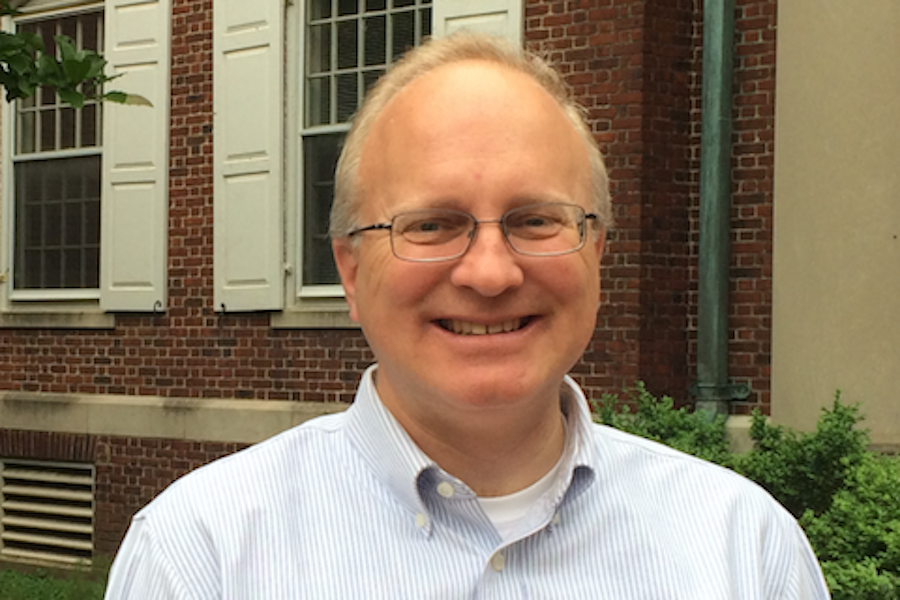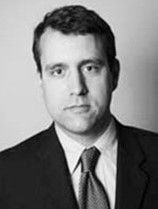President Biden today will sign the Instruments of Ratification for the Accession Protocols to the North Atlantic Treaty for the Republic of Finland and Kingdom of Sweden.
The George Washington University has faculty experts available to provide context and commentary on this matter. Please contact GW Media Relations at gwmedia gwu [dot] edu (gwmedia[at]gwu[dot]edu) to set up an interview.
gwu [dot] edu (gwmedia[at]gwu[dot]edu) to set up an interview.
 Robert Orttung is a research professor of international affairs and faculty member at the GW Institute for European, Russian, and Eurasian Studies. His areas of expertise include comparative politics, Russia, Ukraine, energy security, and democracy.
Robert Orttung is a research professor of international affairs and faculty member at the GW Institute for European, Russian, and Eurasian Studies. His areas of expertise include comparative politics, Russia, Ukraine, energy security, and democracy.
From Dr. Orttung: “Sweden and Finland are absolutely correct to seek NATO membership. Remaining outside the alliance would make them vulnerable to Russian aggression,” Orttung said. “In today's new security environment, the only safe place is part of a large and cohesive defensive alliance. As Russia grows weaker over time, it will become more dangerous.”
“The two Nordic countries will also be crucial to helping Europe transition to an economy that no longer relies on Russia's fossil fuels as demonstrated by the explosive growth taking place in northern Sweden, with a focus on clean energy and the new digital economy.”
 Erwan Lagadec, an associate research professor of international affairs, is an expert on NATO affairs. He has taught classes on NATO’s strategic challenges and the Western responses to Vladimir Putin’s foreign policy.
Erwan Lagadec, an associate research professor of international affairs, is an expert on NATO affairs. He has taught classes on NATO’s strategic challenges and the Western responses to Vladimir Putin’s foreign policy.
From Dr. Lagadec: “Russia’s invasion of Ukraine brought home the stubborn difference between being a NATO partner vs. a NATO ally that formally benefits from Article 5's collective defense guarantee. Both Sweden and Finland arguably had been resting too easy in the belief that, in practice, NATO -- or at least individual NATO allies, especially the U.S. -- would surely come to their aid in case they were attacked, regardless of their NATO status. The leadership in both countries now recognizes that when push comes to shove, this assumption isn't good enough.”

